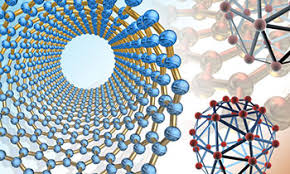Mechanical and Materials Engineering, Department of

Department of Mechanical and Materials Engineering: Faculty Publications
Document Type
Article
Date of this Version
2-28-2023
Citation
ACS Nano. 2023 February 28; 17(4): 3847–3864. doi:10.1021/acsnano.2c12104.
Abstract
Postoperative abdominal adhesions are a common problem after surgery and can produce serious complications. Current anti-adhesive strategies focus mostly on physical barriers and are unsatisfactory and inefficient. In this study, we designed and synthesized advanced injectable cream-like hydrogels with multiple functionalities, including rapid gelation, self-healing, anti-oxidation, anti-inflammation, and anti-cellular adhesion. The multifunctional hydrogels were facilely formed by the conjugation reaction of epigallocatechin gallate (EGCG) and hyaluronic acid (HA)-based microgels and polyvinyl alcohol (PVA) based on the dynamic boronic ester bond. The physicochemical properties of the hydrogels including anti-oxidative and anti-inflammatory activities were systematically characterized. A mouse cecum-abdominal wall adhesion model was implemented to investigate the efficacy of our microgel-based hydrogels in preventing postoperative abdominal adhesions. The hydrogels, with a high molecular weight HA, significantly decreased the inflammation, oxidative stress, and fibrosis, and reduced the abdominal adhesion formation, compared to the commercial Seprafilm group or Injury-only group. Label-free quantitative proteomics analysis demonstrated that S100A8 and S100A9 expressions were associated with adhesion formation; the microgel-containing hydrogels inhibited these expressions. The microgel-containing hydrogels with multifunctionality decreased formation of postoperative intraabdominal adhesions in a murine model, demonstrating promise for clinical applications.
Included in
Mechanics of Materials Commons, Nanoscience and Nanotechnology Commons, Other Engineering Science and Materials Commons, Other Mechanical Engineering Commons


Comments
HHS Public Access.